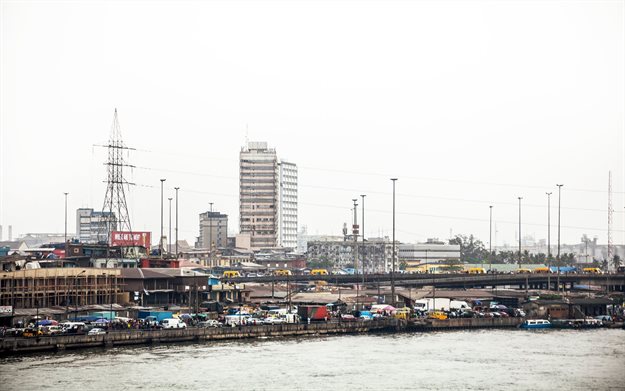Nigeria's growing appeal as a real estate investment destination

Possibly as a consequence of many investors still tarring all African countries with the same economic development brush, this shift in focus tends to largely be towards offshore opportunities in so-called first-world destinations like the UK, Europe and the USA. However, investors looking for good opportunities with solid potential for stable and competitive returns would be well advised not to ignore the prospects presented by many countries just north of SA's borders.
Enduring economy
Nigeria is a particular case in point. While African and international investors have had something of a love-hate relationship with Nigeria over the years, the country continues to offer one of the largest, and arguably most enduring, economies in Africa.
Of course, the Nigerian economy is still heavily reliant on oil revenue, particularly for government funding and foreign exchange reserves. This dependency was especially evident in the latter half of 2016 and early 2017 when US dollar liquidity all but dried up following 2015’s sharp drop in the oil price, resulting in the spread in rates between the official and parallel forex market widening substantially.
The cumulative net effect of this doesn't appear to have had an overly negative impact on GDP growth stability, as evidenced in the graph below.
It is interesting to note that Nigeria’s GDP growth since 2005 has almost always been better than that of South Africa. This was especially true up until 2015, when the Nigerian economy grew robustly on the back of a strong oil price. Barring any large oil price shocks in the coming years, this relatively strong economic growth trend is expected to continue for Nigeria for the next five years at least.
Balanced, well-informed approach
Of course, while this potential for consistent economic growth in the coming years makes for a compelling investment argument, it is still important to have a balanced and well-informed approach to property investment in Nigeria. The country is certainly not without its challenges, not least of which are a somewhat fluid and changeable approach to foreign exchange policies and regulations, and a cumbersome imports regime, coupled with import bans on certain key products, which continue to inhibit growth in the retail sector. The impact of this can be exacerbated if the recently announced plans of introducing further import bans are implemented.
That said, there are most definitely attractive opportunities for investment and development in many other property sub-sectors. The steady influx of corporates into Lagos is creating opportunities within the premium office space market. And the thriving business sector means that the hotels focused on those travellers should continue to enjoy steady growth.
This combination of a large and growing economy with a still relatively undeveloped real estate market, makes Nigeria well worth some serious consideration by yield-seeking investors with a relatively aggressive risk appetite, and who aren't prepared to tread water while waiting for clear growth indicators to emerge for South Africa.
As Nigeria's ongoing efforts to diversify and delink its economy from the historic reliance on oil deliver some results, it's appeal as an investment destination can only grow. And if that diversification is accompanied by a more predictable foreign currency regime that is more closely linked to market forces in terms of its flows and rates, that investment appeal is set to increase exponentially.























